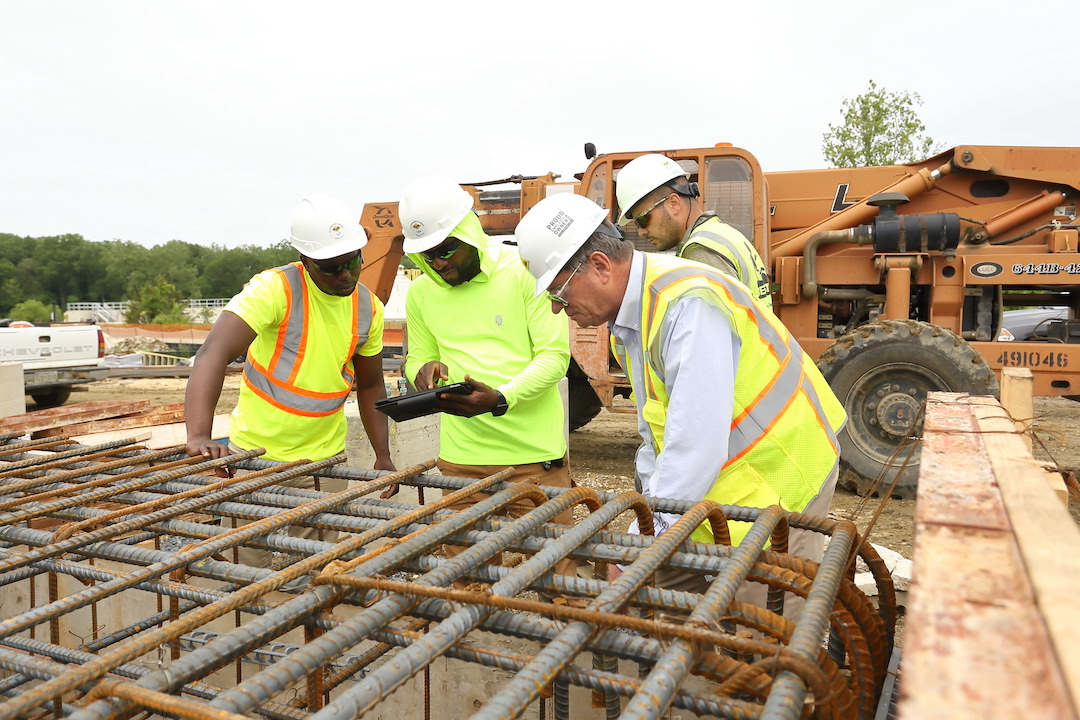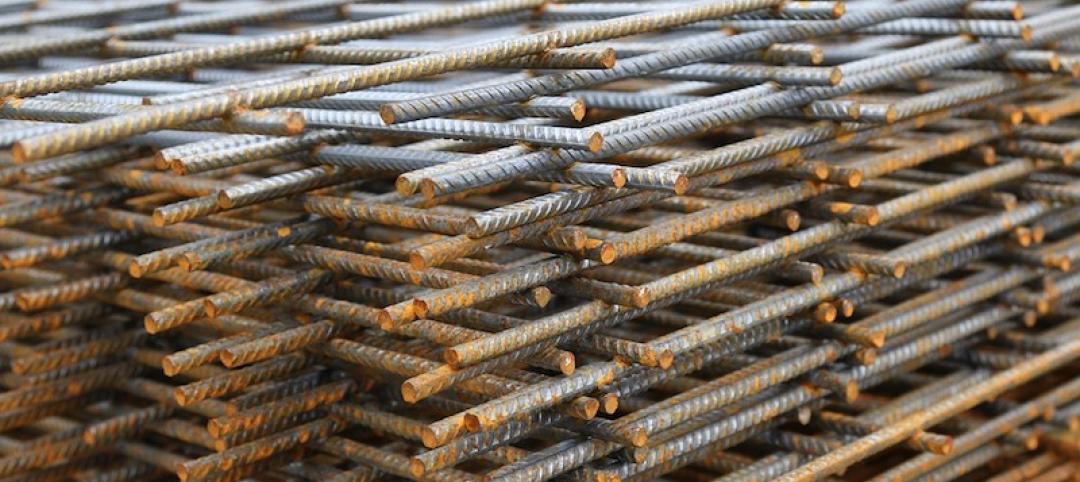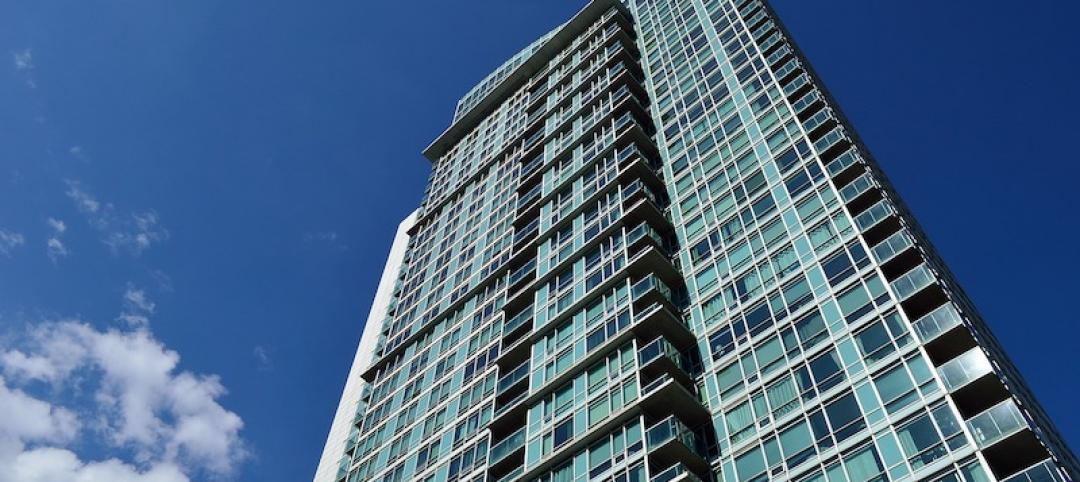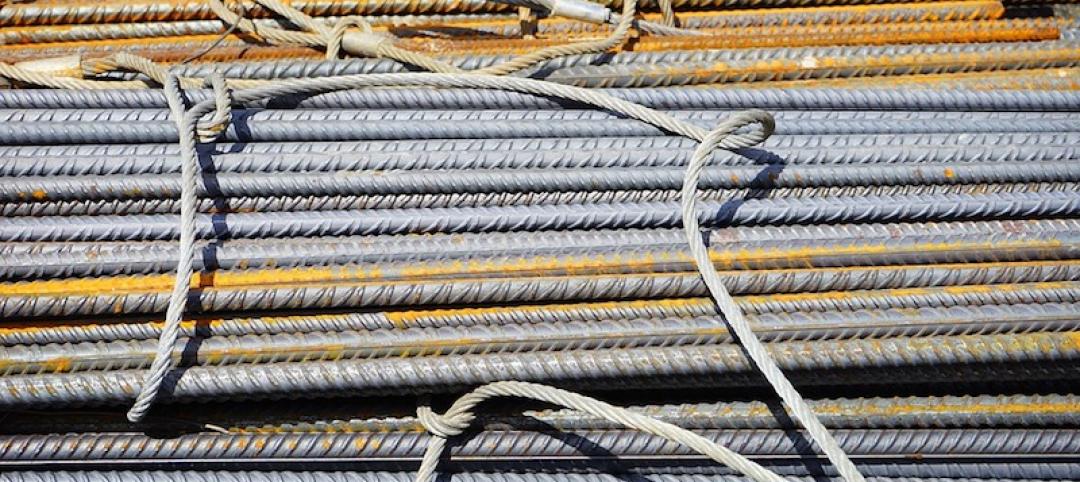Only 14 states and the District of Columbia have added construction jobs since just before the start of the pandemic in February 2020, according to a new analysis of federal employment data released today by the Associated General Contractors of America. Association officials noted that widespread supply chain disruptions amid and the lack of a much-needed federal infrastructure bill have impeded the sector’s recovery.
“Construction employment remains below pre-pandemic levels in more than two-thirds of the states,” said Ken Simonson, the association’s chief economist. “Supply problems have slowed down many projects and forced contractors to hold down employment, while the lack of an infrastructure bill is leading some to delay hiring.”
From February 2020—the month before the pandemic caused project shutdowns and cancellations—to last month, construction employment increased in only 14 states and D.C., decreased in 35 states, and stalled in Connecticut. Texas shed the most construction jobs over the period (-48,000 jobs or -6.1%), followed by New York (-47,300 jobs, -11.6%) and California (-32,600 jobs, -3.6%). The largest percentage losses were in Louisiana (-16.1%, -22,000 jobs), Wyoming (-15.7%, -3,600 jobs) and New York.
Utah added the most construction jobs since February 2020 (9,400 jobs, 8.2%), followed by Washington (6,300 jobs, 2.8%), North Carolina (5,300 jobs, 2.2%), and Idaho (5,100 jobs, 9.3%). The largest percentage gains were in Idaho, Utah, and South Dakota (7.9%, 1,900 jobs).
From August to September construction employment decreased in 16 states, increased in 32 states and D.C., and was unchanged in Iowa and Kansas. The largest decline over the month occurred in Tennessee, which lost 2,800 construction jobs or 2.1%, followed by Missouri (-1,600 jobs, -1.3%). The largest percentage decline was in Alaska (-800 jobs, -4.9%), followed by Tennessee and Montana (-400 jobs, -1.4%).
Texas added the most construction jobs between August and September (8,900 jobs, 1.2%), followed by Florida (6,900 jobs, 1.2%) and Washington (3,600 jobs, 1.6%). Connecticut had the largest percentage gain (3.0%, 1,700 jobs), followed by Delaware (2.9%, 700 jobs) and West Virginia (2.3%, 700 jobs).
Association officials continued to urge the Biden administration to remove tariffs on a host of key construction materials, including steel and aluminum, and to do more to relieve shipping bottlenecks that are crippling many parts of the distribution network. They also urged House officials to quickly pass a Senate-backed infrastructure bill to increase investments in the nation’s transportation and water systems.
“The latest state employment figures show that gridlock in our ports and on Capitol Hill is retarding construction employment as well as the broader economy,” said Stephen E. Sandherr, the association’s chief executive officer. “Even as the administration looks for ways to unclog domestic supply chains, the President should urge the House to pass the infrastructure bill, on its own, as quickly as possible.”
View state February 2020-September 2021 data and rankings, 1-month rankings.
Related Stories
Market Data | Aug 13, 2018
First Half 2018 commercial and multifamily construction starts show mixed performance across top metropolitan areas
Gains reported in five of the top ten markets.
Market Data | Aug 10, 2018
Construction material prices inch down in July
Nonresidential construction input prices increased fell 0.3% in July but are up 9.6% year over year.
Market Data | Aug 9, 2018
Projections reveal nonresidential construction spending to grow
AIA releases latest Consensus Construction Forecast.
Market Data | Aug 7, 2018
New supply's impact illustrated in Yardi Matrix national self storage report for July
The metro with the most units under construction and planned as a percent of existing inventory in mid-July was Nashville, Tenn.
Market Data | Aug 3, 2018
U.S. multifamily rents reach new heights in July
Favorable economic conditions produce a sunny summer for the apartment sector.
Market Data | Aug 2, 2018
Nonresidential construction spending dips in June
“The hope is that June’s construction spending setback is merely a statistical aberration,” said ABC Chief Economist Anirban Basu.
Market Data | Aug 1, 2018
U.S. hotel construction pipeline continues moderate growth year-over-year
The hotel construction pipeline has been growing moderately and incrementally each quarter.
Market Data | Jul 30, 2018
Nonresidential fixed investment surges in second quarter
Nonresidential fixed investment represented an especially important element of second quarter strength in the advance estimate.
Market Data | Jul 11, 2018
Construction material prices increase steadily in June
June represents the latest month associated with rapidly rising construction input prices.
Market Data | Jun 26, 2018
Yardi Matrix examines potential regional multifamily supply overload
Outsize development activity in some major metros could increase vacancy rates and stagnate rent growth.
















